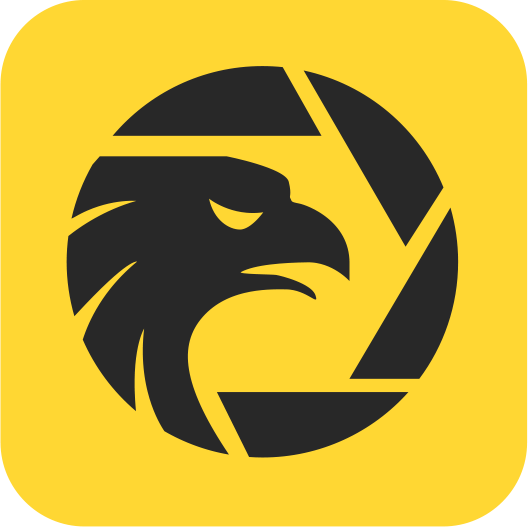
Which types of trading instruments can you access through RBC, such as stocks, forex, indices, commodities, or cryptocurrencies?

Based on my experience using RBC Direct Investing, the range of trading instruments primarily focuses on traditional assets rather than the full scope often seen at global forex or CFD brokers. For my portfolio, I was able to access Canadian and U.S. stocks, including both common and preferred shares, which is essential for equity diversification and long-term investment planning. Additionally, RBC provides access to options, new issues and IPOs, equity and fixed-income mutual funds, exchange-traded funds (ETFs), GICs, and a selection of bonds. I found these choices suitable for both growth and income strategies. For those interested in physical commodities, the ability to trade gold and silver stood out to me, although the pricing model and commission structure require careful review before committing significant capital. However, it's important to highlight that RBC does not support direct trading of forex pairs beyond facilitating currency exchanges for asset purchases, and there is no access to indices or cryptocurrencies. This limited my speculative options compared to other platforms more focused on leveraged products or alternative asset classes. Ultimately, while RBC’s instrument list is broad across equities and fixed income, especially within North American markets, traders seeking forex, indices, or crypto trading will need to consider other platforms. In my view, this focus underscores its regulatory alignment and conservative risk profile, making it well-suited for investors who prioritize security and established markets over high-risk or emerging instruments.
Mga Katulad na Tanong
Which trading platforms are offered by ZLK? Do they support MT4, MT5, or cTrader?


What platforms can I use to trade with Promax Trading?


Does Yuanta provide traders with the option to open an Islamic (swap-free) account?

What is the maximum leverage offered?

What account types does CICC Futures offer?



